Traffic is what keeps a website going. In the huge number of sessions or users that come to your website lies a small number of your potential customers who are going to pay you for using your products or services. Hence, having huge traffic to your site will lead to the success of your business.
A lot of people have this question as to what is better, SEO or PPC. The answer depends totally on the kind of business you are in, your objectives, and the marketplace.
Let us get into the details of SEO and PPC to know when one should use either of the services.
What is SEO : Grow your Organic Traffic
SEO is a set of practices that help you achieve the quality and quantity of traffic to your website by ranking well on various organic SERPs (search engine results pages). Read our blog on What is SEO.

When to use SEO?
-
Higher ROI
Who would not like big returns on small investments! In fact, is that not the same line that many bankers and investment professionals use on prospective clients? Well, they are right about it. SEO too is highly lucrative as you do not have to put in money for every keyword that you want to rank for (unlike PPC). You must simply optimize your website while keeping all the necessary algorithms and guidelines in mind.
-
Cost
SEO is highly cost-effective, can enhance your brand awareness, and bring you relevant traffic when compared to other digital marketing tactics.
-
Awareness
Once you reach into the top five positions for your keywords, the visibility or exposure that you get is much more than you would for other campaigns.
-
Trust
When you begin ranking in any of the first five positions of SERPs, the trustworthiness of your site increases manifold, i.e. you seem more reliable than those ranking below you.
-
Sustainability
This is the best part of SEO – your ranking is sustained for quite a while even when you stop any SEO efforts, unlike paid marketing.
What is PPC : Niche Targeted Visibility
PPC (pay per click) is a type of search marketing where an advertiser pays a fee whenever a user clicks on their ad that is placed on the top of organic search results on SERPs. In simple terms, it is the buying of user visits, which is completely opposite to earning them (organic/SEO). Read our blog on What is PPC.

When to use PPC?
-
Brand Impression
Spending on Google ads can help increase brand presence/recall in a user’s mind as your ad appears above the fold.
-
Targeting
You can target your ads to a specific set of users on the basis of date, time, location, and any sort of demographic data.
-
Quick Visibility
PPC offers quick visibility as compared to SEO. Ranking for a keyword might take some time – PPC however, can increase your visibility instantly at a reasonable cost.
-
Cost
As you are required to pay per click for every keyword that you want to target, the cost is going to be more than SEO. However, what we need to understand here is that the visibility that you stand to gain is much quicker when compared to SEO.
Difference between SEO & PPC
While there are many differences between organic SEO and PPC, there are three major ones you should know about.
-
The placement in the search engine results page
PPC ads are always placed at the top of the SERP above the fold areas. In comparison, the organic SEO results take up the space below the paid ads. The first few spots on the SERP are dedicated to the paid ads, while organic results occupy the remaining spots on the page.
-
The placement cost
In paid search, the business has to pay for each ad they place on the SERP. Organic SEO, on the other hand, is relatively free. The rankings achieved by the content in the SERP is organic. In a sense, the search engine provides these based on the value they provide customers.
-
The amount of space occupied in the SERP
Paid Ads occupy the prime real-estate on the SERP as they appear right on top of the page and are the first things that users see on the page. However, the amount of space occupied by the Organic results is much more than that, and it also provides extensive information in the form of Maps, Snippets, FAQs and more.
SEO PROS And CONS
SEO PROS
- Cost-Effective: SEO neither comes easy nor at a bargain. It is, however, cost-effective when compared to other marketing strategies.
- Long-lasting Brand Awareness: The results of organic SEO are long-lasting. They might take time to come, but you can be sure they grow in time as the results start pouring in.
- Improves brand trust: Most users skip paid advertisements and trust the search engine to bring organic results for their search queries. It builds trust and reputation for your brand and improves the CTR.
- Improved ROI: Since SEO is free, the ROI is much higher when compared with PPC.
- Better CPC: Organic SEO provides a better cost-per-click since there are no charges for each click.
SEO CONS
1. Time-taking Process Organic SEO will take time to show its results.
2. Demands unique and reliable content If you want people to read, share, and link to your website, you should be seen as an authority on the subject.
3. SEO is not a one-off solution to all your marketing woes. It is a continuous process, and it will only work in your favour if you keep up with it.
PPC PROS and CONS
PPC Pros
- Enhances Visibility: Google places the paid ads above the organic results, giving you more eyeballs.
- Targeted Marketing: With PPC, it is possible to target customers using the right keywords, brands, language, demographics, location, device, and more.
- Increases page ranking: We have all seen paid ads. Regardless of whether we have clicked on them or not, they are present right above the fold areas on SERPs.
- Complete control over marketing strategy: You get to decide what keywords you want to include, the CTA, pricing and the landing page.
- Improves visibility and recall value: When you choose visual ads, you increase the recall value and CTR.
- Fast and certain results: Once the PPC campaign gets kicked off, you can see almost immediate results – in the form of clicks, traffic and conversion.
PPC CONS
- Demands continuous investment: When you stop putting the money in paid ads, naturally, they stop. The traffic stops, the clicks stop, and the conversions stop.
- People are skeptical about Paid ads: Most people are skeptical about paid ads and generally do not trust them.
- ROI could not be very encouraging: The return-on-investment might not be as encouraging as you wish, as you will be spending more money to make money.
Which is better for my business – SEO VS PPC
SEO vs PPC, which is a better marketing strategy for your business growth is a popular question. Choosing between SEO and PPC should largely depend on your business goals, growth plans and other marketing strategies.
If you want to see instant clicks, conversions, and targeted marketing, you should choose paid search. Similarly, organic SEO should be on your priority list if you are looking at long-term goals such as improving brand credibility, exposure, and scalability within a budget. However, experts agree that instead of running these two strategies parallelly, you should find a way to bring these two strategies together to benefit your business.
SEO or PPC
When you are choosing between organic SEO vs PPC, it is critical to remember that these are simply two different strategies working towards the same goal.
As both strategies offer many benefits, it is always better to combine both these strategies to leverage their potential. Together, they can increase the results manifold.
- SEO will help you achieve long-term marketing goals.
- PPC will help you achieve your immediate short-term goals.
The keyword and content ideas researched for PPC can also be used for SEO. Test your long-term keyword strategy on PPC campaigns to identify its effectiveness.
SEO and PPC
We suggest you bring your SEO and PPC teams together and devise a combined strategy that can work towards the common goal.
- Extract the keyword and conversion data from PPC and feed it into your organic SEO.
- When you purchase paid ads for high-performing keywords and optimize your organic content for the same, you get more chances of featuring at the top of SERPs.
- In collaboration with SEO, PPC allows you to remarket your products and services to people who have previously visited your website but stopped short of making a purchase.
In Summary
SEO and PPC both are part of the Search Engine Marketing (SEM) machinery, which means that you can choose to market your brand or business online either by paying Google or organically earning your spot on its SERPs.
SEO can give you consistent results and increase the authority and value of your website. Whereas, PPC can give you immediate results with a highly targeted audience within a time-sensitive period even if your website is not designed for SEO.
SEO is very cost-effective and gives you a much higher return-on-investment. PPC on the other hand, although a little expensive, offers quick visibility. It is recommended that you use a combination of both SEO and PPC depending on your short-term and long-term traffic goals, budget, and other factors.
Popular Searches
How useful was this post?
0 / 5. 0











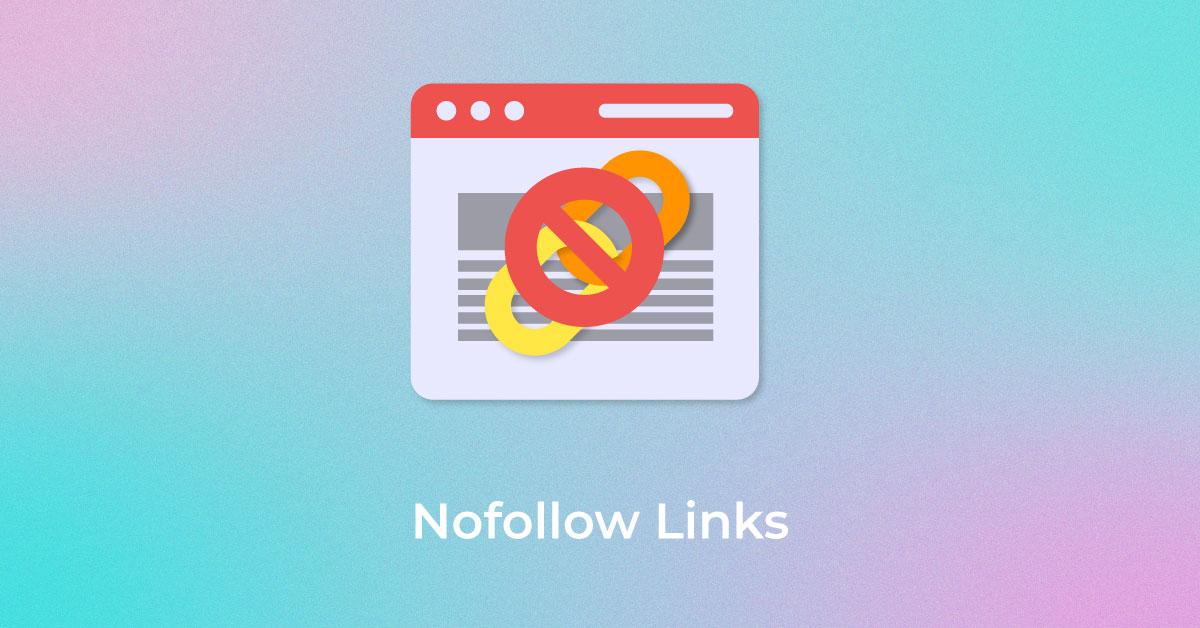
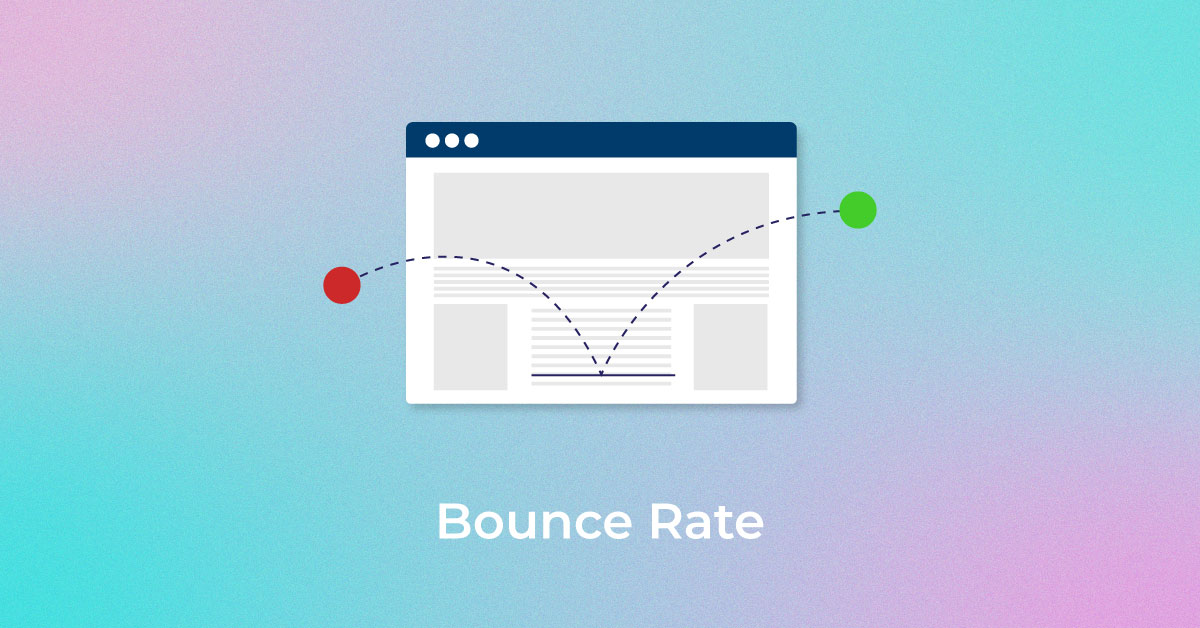

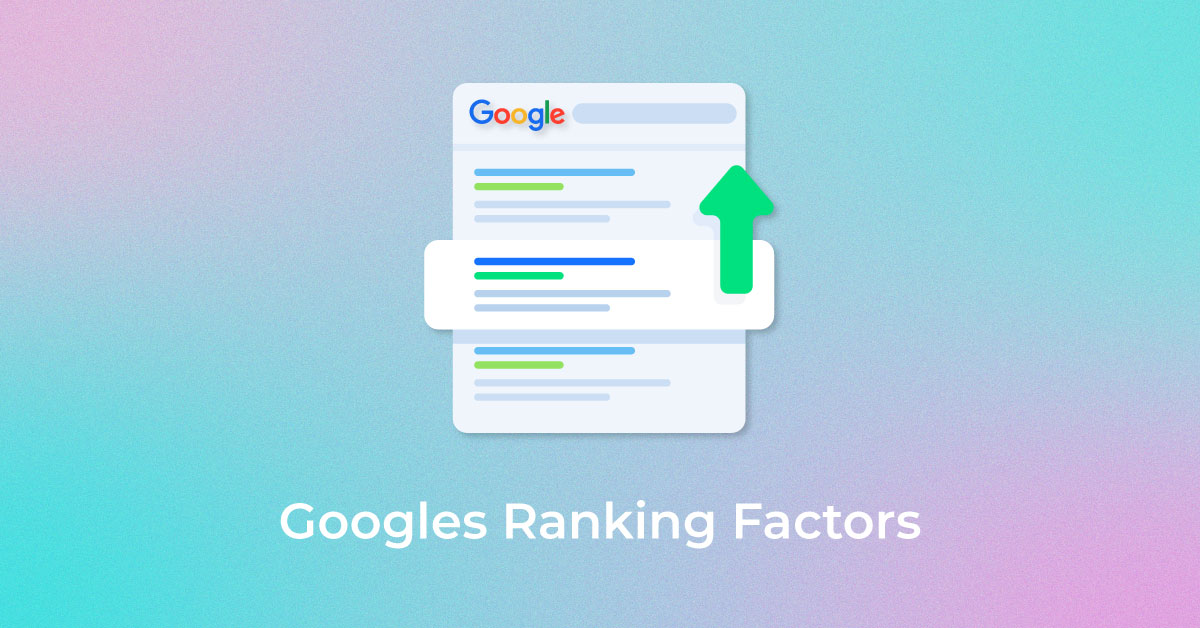
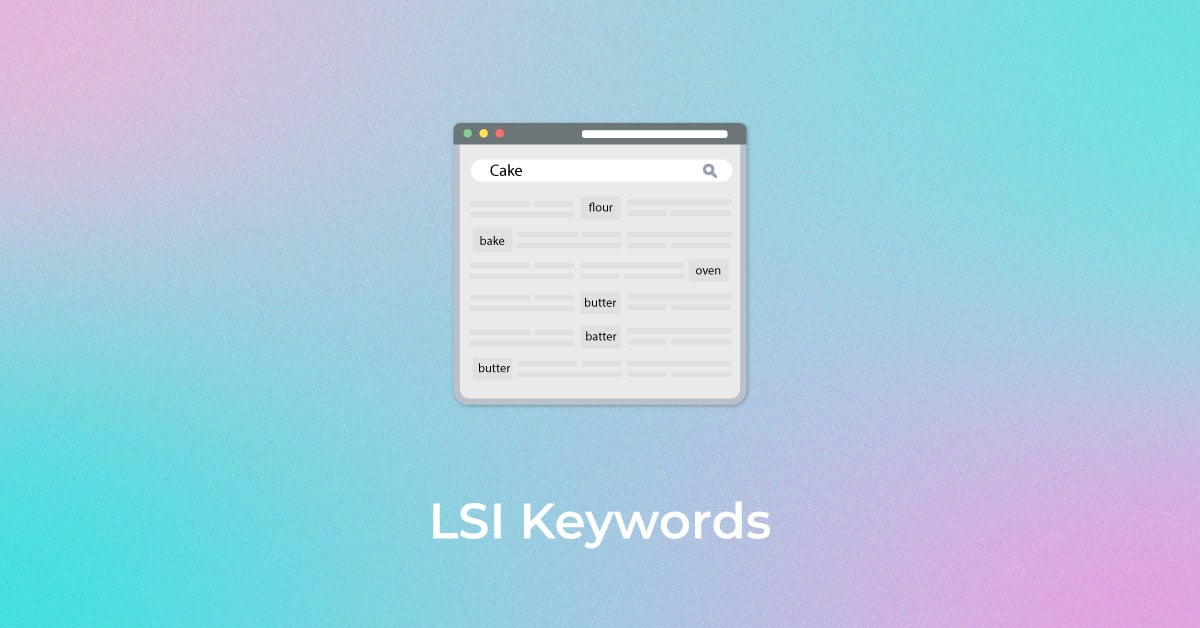

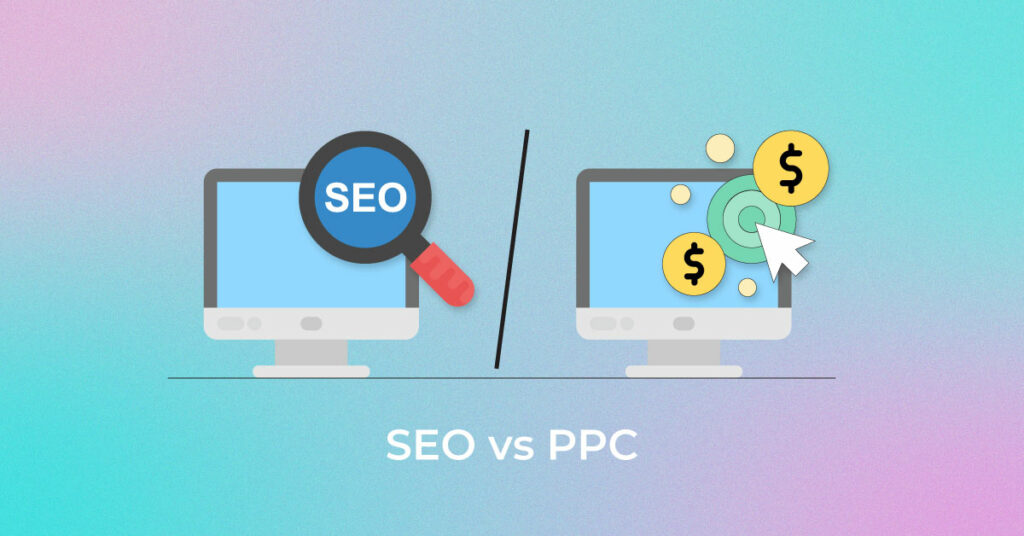
10 thoughts on “SEO vs PPC – Which Search Marketing Method To Use For Your Business”
Nice Article. Thanks for sharing this post. I hope this blog useful for a lot of members. Keep up the good work
Thank You. Do check out our latest posts for more updates.
It took a while to understand the points mentioned in the article. I have learned a lot about PPC from this article. It’s worth reading.
Thanks, Linda. Do subscribe us for more updates.
Thanks for this information, good and neat explanation,it is really helpful information for digital marketers
Nice Article
That’s a really informative post. I appreciate your skills, Thanks for sharing.
Thank you for sharing your feedback. Do subscribe us for more latest updates.
A very Informative article, I really enjoyed a lot and have learnt so much from this article. Looking more from your side!
Thanks, Sachin for sharing your feedback. Please read our latest posts for more updates.